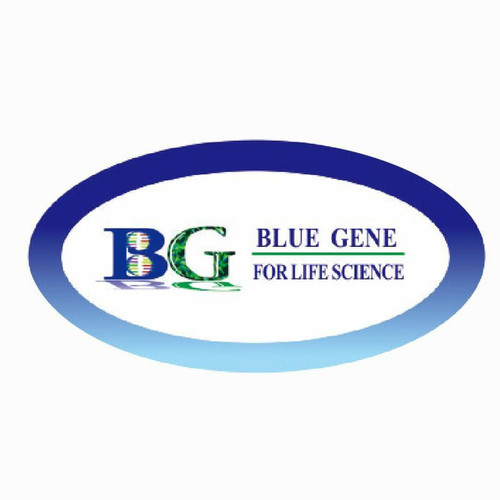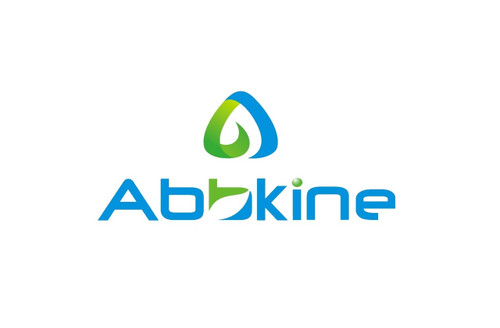Product Description
Human Asc-type amino acid transporter 1 (SLC7A10) ELISA Kit | AE18350HU | Abebio
Species Reactivity: Human (Homo sapiens)
Abbreviation: SLC7A10
Alternative Name: FLJ20839; HASC-1; asc-1; asc-type amino acid transporter 1|solute carrier family 7; (cationic amino acid transporter; y+ system) member 10|solute carrier family 7; member 10
Application: ELISA
Range: 0.156-10 ng/mL
Sensitivity: 0.055 ng/mL
Intra-Assay: ≤4.3%
Inter-Assay: ≤7.5%
Recovery: 0, 97
Sample Type: Serum, Plasma, Other biological fluids
Detection Method: Sandwich
Analysis Method : Quantitive
Test Principale: This assay employs a two-site sandwich ELISA to quantitate SLC7A10 in samples. An antibody specific for SLC7A10 has been pre-coated onto a microplate. Standards and samples are pipetted into the wells and anySLC7A10 present is bound by the immobilized antibody. After removing any unbound substances, a biotin-conjugated antibody specific for SLC7A10 is added to the wells. After washing, Streptavidin conjugated Horseradish Peroxidase (HRP) is added to the wells. Following a wash to remove any unbound avidin-enzyme reagent, a substrate solution is added to the wells and color develops in proportion to the amount of SLC7A10 bound in the initial step. The color development is stopped and the intensity of the color is measured.
Product Overview: SLC7A10, in association with 4F2HC (SLC3A2), mediates high-affinity transport of D-serine and several other neutral amino acids.The deduced 530-amino acid protein contains 12 transmembrane regions and a conserved cysteine residue (cys160) in the putative extracellular loop between transmembrane domains 3 and 4. This residue was presumed to be linked to 4f2hc via a disulfide bond. Northern blot analysis detected a 1.9-kb transcript in mouse brain and lung, with weaker expression in placenta. A single 4.4-kb transcript was expressed in small intestine.ASC1 shares 91% identity with mouse Asc1. Northern blot analysis detected 1.3-, 2.0-, 4.3-, and 6.0-kb transcripts in brain, heart, placenta, skeletal muscle, and kidney. The 2.0-kb transcript predominated in brain.
Stability: The stability of ELISA kit is determined by the loss rate of activity. The loss rate of this kit is less than 5% within the expiration date under appropriate storage condition. The loss rate was determined by accelerated thermal degradation test. Keep the kit at 37°C for 4 and 7 days, and compare O.D.values of the kit kept at 37°C with that of at recommended temperature. (referring from China Biological Products Standard, which was calculated by the Arrhenius equation. For ELISA kit, 4 days storage at 37°C can be considered as 6 months at 2 - 8°C, which means 7 days at 37°C equaling 12 months at 2 - 8°C) .
 Euro
Euro
 USD
USD
 British Pound
British Pound
 NULL
NULL












